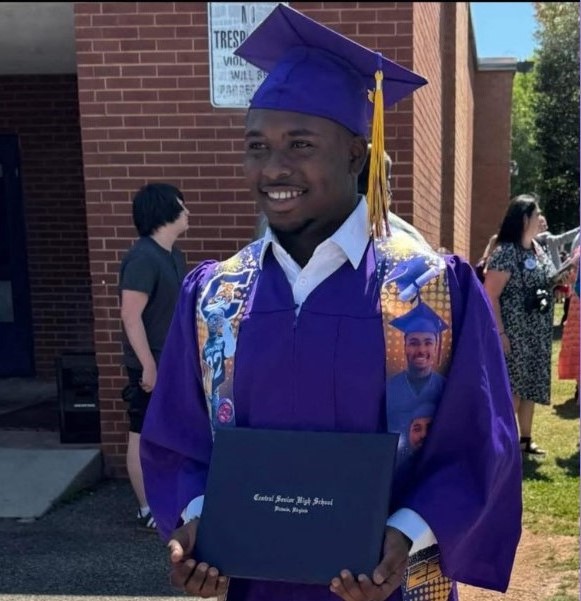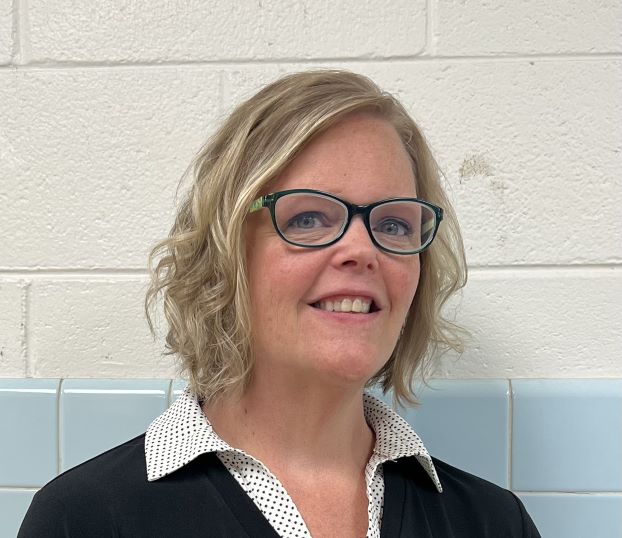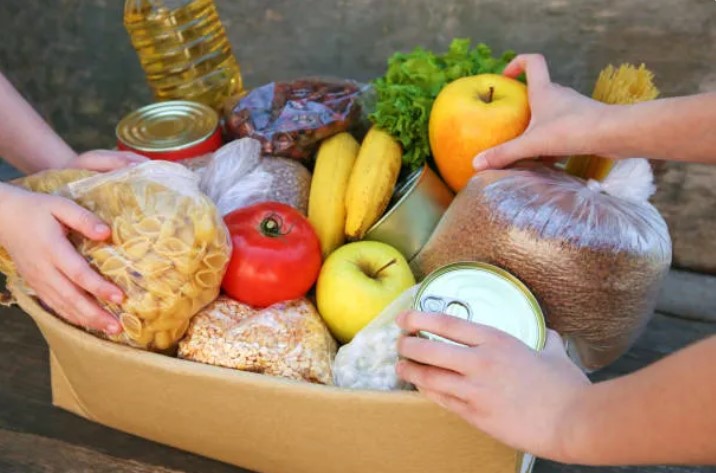Mason starts organization to preserve languages
Published 8:20 pm Tuesday, March 1, 2016

- Catharine Mason
Catharine Mason loves a good story.
She’ll break it apart and study it.
That’s because a story to her is more than just an account of what happened, but a foundation for everything — for learning, for building understanding.
“That’s what I’m interested in, the verbal exchange,” Mason said. “We are living together; we are seeking common ground.”
A native of Victoria living in France, Mason works as a research professor in linguistics and English studies at the University of Caen Normandy — and is president of a non-profit corporation, VOVA Inc., headquartered in Victoria at her family home. There is a sister version in France. Both were founded in 2008.
The organization’s website is www.vovarts.org.
VOVA is an international non-profit organization founded by scholars, educators and collectors of oral tradition, with an immediate goal of building a state-of-the-art exchange platform with digital editorial tools and databases for better documenting, preserving and valorizing vocal and verbal arts.
The organization recently launched a crowdfunding campaign to raise money for programming an exchange platform in languages, and more specifically spoken word arts (Thus, the name — Vocal and Verbal Arts).
The startup aims to break out of grammar-dominated linguistics and place the human voice and cultural life at the center of academic study.
“Our interest is speaking — speaking in context,” she said.
Style and poetry may largely be ignored in the study of linguistics, but it plays a major part in telling a story and conveying the emotion connected to it, she said.
She points to the famous “I have a dream” speech by Rev. Martin Luther King Jr. as an example of the power of understanding words. “It was the intonation, context,” Mason said. “It changed things and it was because it was poetic and it wasn’t just a subject-verb sentence.”
“We choose our words for the power each has — through the images they create and the emotions they evoke,” she said. “We chose words because of the way they sound; we use words because of the reaction we get — like the F-word,” Mason said.
Mason has brought together scholars from seven countries for collaborative design of the VOVA platform, and for compiling multilingual data from field studies in community verbal art.
Based on fundamental research inquiries in linguistics, anthropology, literature and musicology, the VOVA platform will provide tools for advancing scientific study of speech styles and genres and offer innovative applications in language learning and indigenous language revitalization.
“Language is a complex phenomenon,” Mason said. “It’s a part of who we are and how we function in the world from the most subtle level to the most explosive level, but we don’t think about it as a phenomenon.”
The understanding that could be created and promoted by VOVA could improve education for all people by understanding how they learn and encouraging them to learn.
“We have to reach them where they are and not just snatch them out and put them in an analytical environment,” she said.
Their research could aid international diplomacy by providing common ground, Mason said.
If we want to understand ourselves we have to understand our language history,” Mason said. “Every language is a collection of knowledge about fundamental issues — what it’s like to be human. Each of those languages represents a vast amount of knowledge, and when we lose those languages we lose a vast amount of (knowledge).”
And, ultimately, Mason said, being able to communicate may be the greatest hope for humanity.
“Language is very much involved in war and peace,” Mason said. “As long as we are talking, we are avoiding the war. When you talk to people about the core human values, peace always comes out. We have to … at least give peace a chance.”





